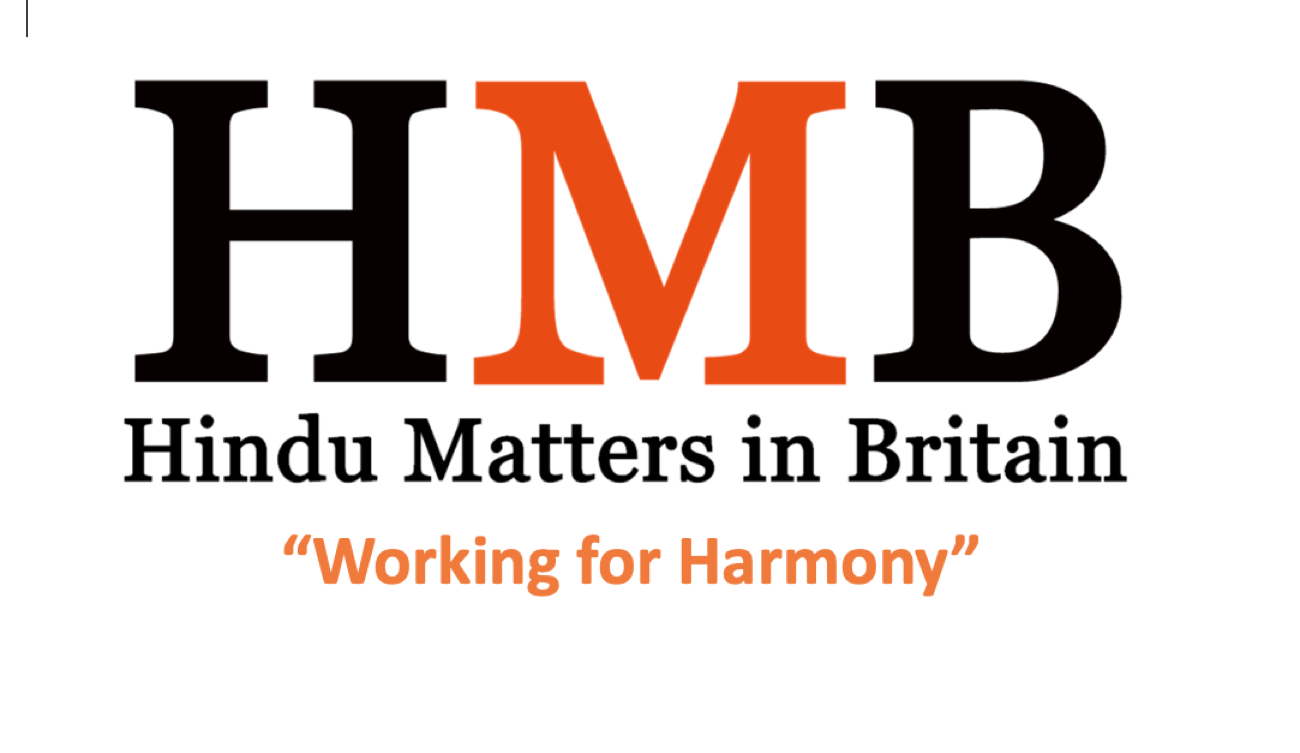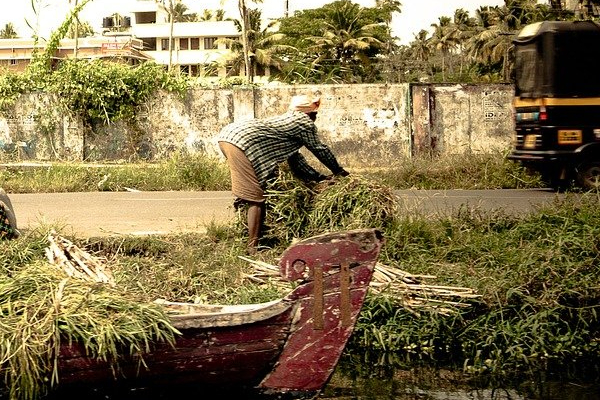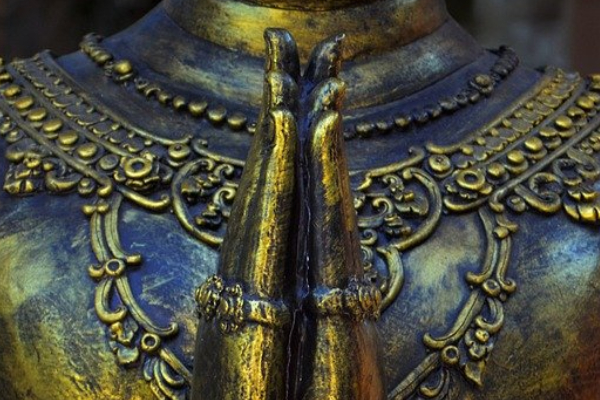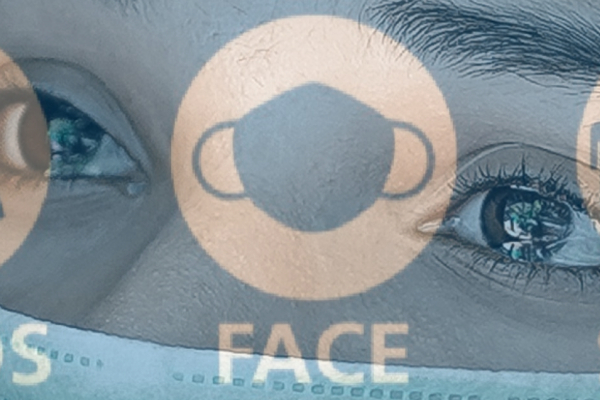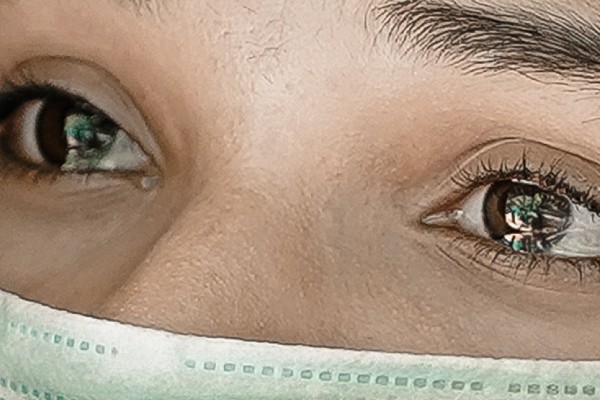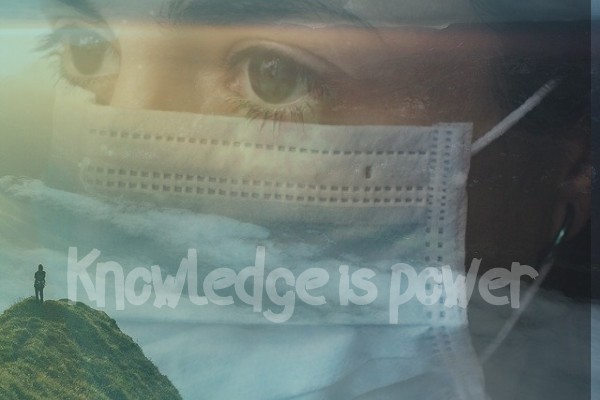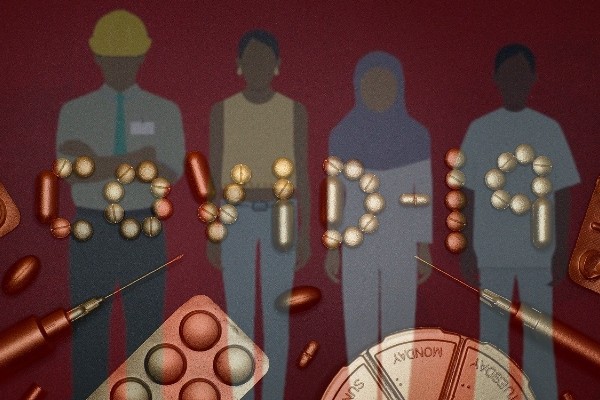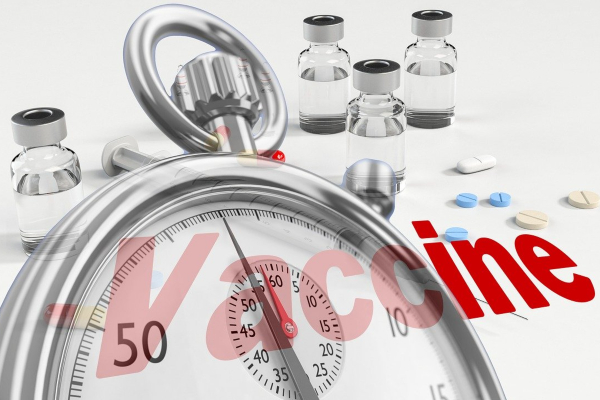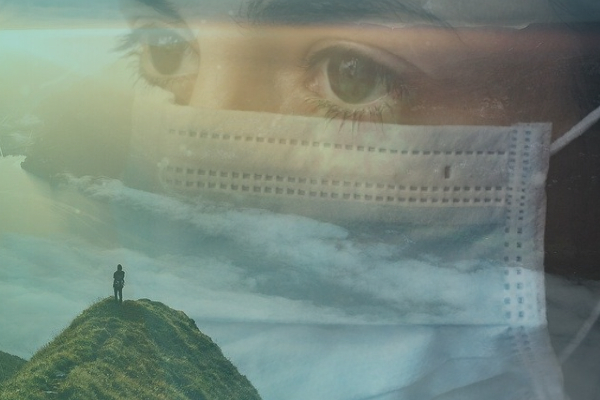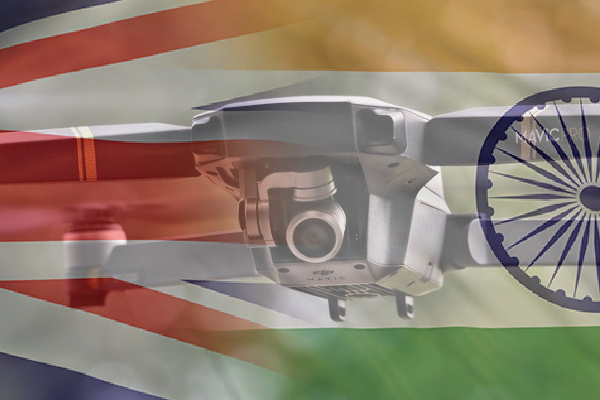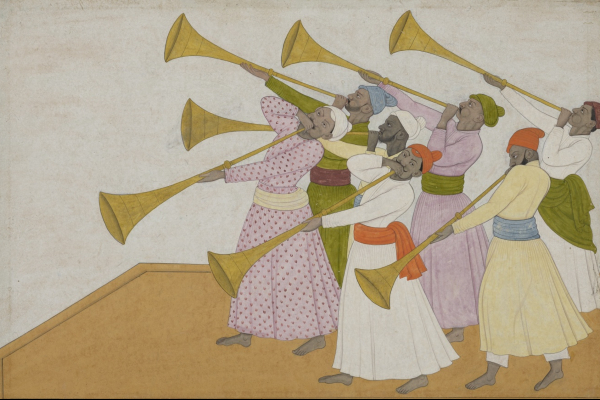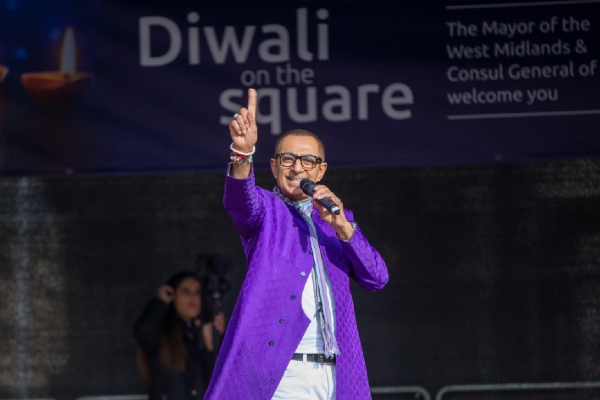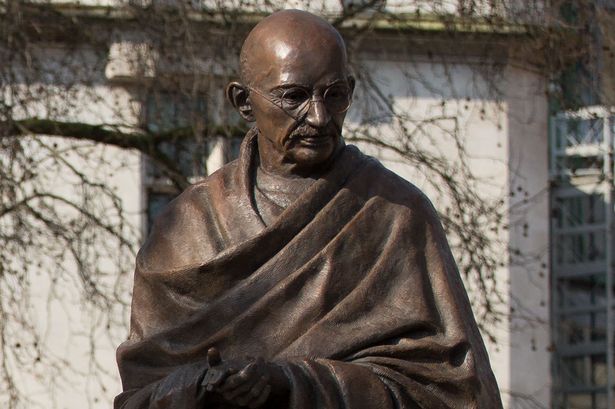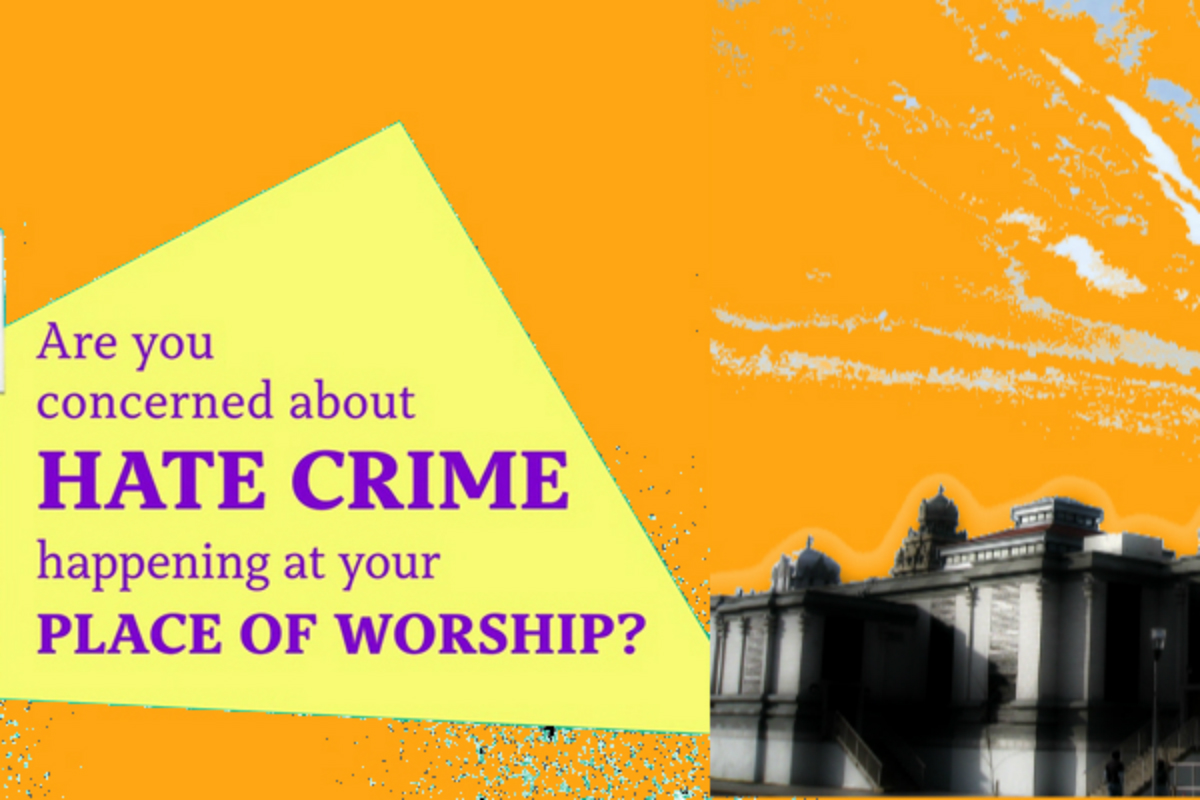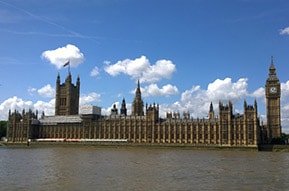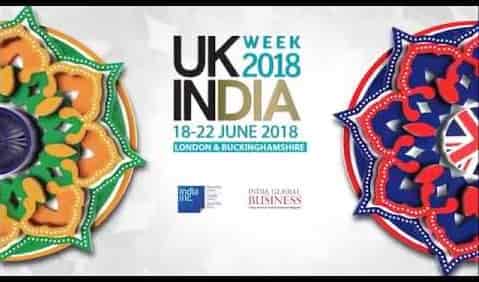Coronavirus Latest
The amount of information available on coronavirus is astonishing, but with it comes confusion, mixed messages and a whole lot of fake or inaccurate news. So here we are outlining the key information impacting the ethnic communities currently on the news agenda.
In a research report published by the campaigning body Hope, Not Hate, Black, Asian and Ethnic minority (BAME) people have been disproportionately represented among serious illness and deaths related to the coronavirus. The report offers an all-round assessment of the pandemic and below are the key summary findings
A report by the Intensive Care National Audit and Research Centre in April 2020 found that despite BAME representing 14% of the population of England and Wales, they represented 33% of intensive care cases.
Office for National Statistics (ONS) data on coronavirus deaths has shown that compared to white people,
- Black people are 1.9 times more likely to die
- Bangladeshis and Pakistanis are 1.8 times more likely to die
- Indians are around 1.5 times more likely to die
When accounting for age only, Black men and women were more than four times more likely to die from Covid-19 compared with white men and women.
Hope not Hate argues that differences in cultural factors may play a role in disease risk, but research more strongly suggests that health determinants are structural. BAME Britons tend to have poorer socioeconomic circumstances which lead to poorer health outcomes, with socioeconomic deprivation strongly associated with the prevalence of smoking, obesity, diabetes, hypertension and their cardio-metabolic complications, which all increase the risk of disease severity.
A review from Public Health England concluded that BAME groups were at greater risk of death or serious illness from coronavirus because of a complex crossover between “socio-economic disadvantages, high prevalence of chronic diseases and the impact of long-standing racial inequalities”. The review came with not just short-term recommendations to ensure the protection of workers in frontline roles and improve track and trace measures, but also long-term recommendations to tackle health, housing and employment inequality.
A study from the Runnymede trust has shown how BME groups are at greater risk from Covid-19: they are more likely to be working outside their home, more likely to be using public transport, more likely to be working in key worker roles, less likely to be protected with PPE and more likely to live in multigenerational, overcrowded housing, so much less able to self-isolate and shield.
Hope Not Hate, which drew on three polls and data from outside sources such as Public Health England (PHE) for its newly published research, BAME people were significantly more likely (13%) to report having had their hours reduced compared with those from a nationally representative sample (9%). They are also nearly twice as likely to report having lost their job (7% compared with 4% nationally from May and 3% from June).
More BAME respondents had struggled to pay their rent (9% compared with 5% national average) and had fallen into debt (also 9%-5%) than the UK average.
One diversity expert commenting on the report predicted that BAME people would be disproportionately hit by redundancies, too, as unconscious bias crept into decision-making.
Please also check out ‘The coronavirus jigsaw puzzle’
